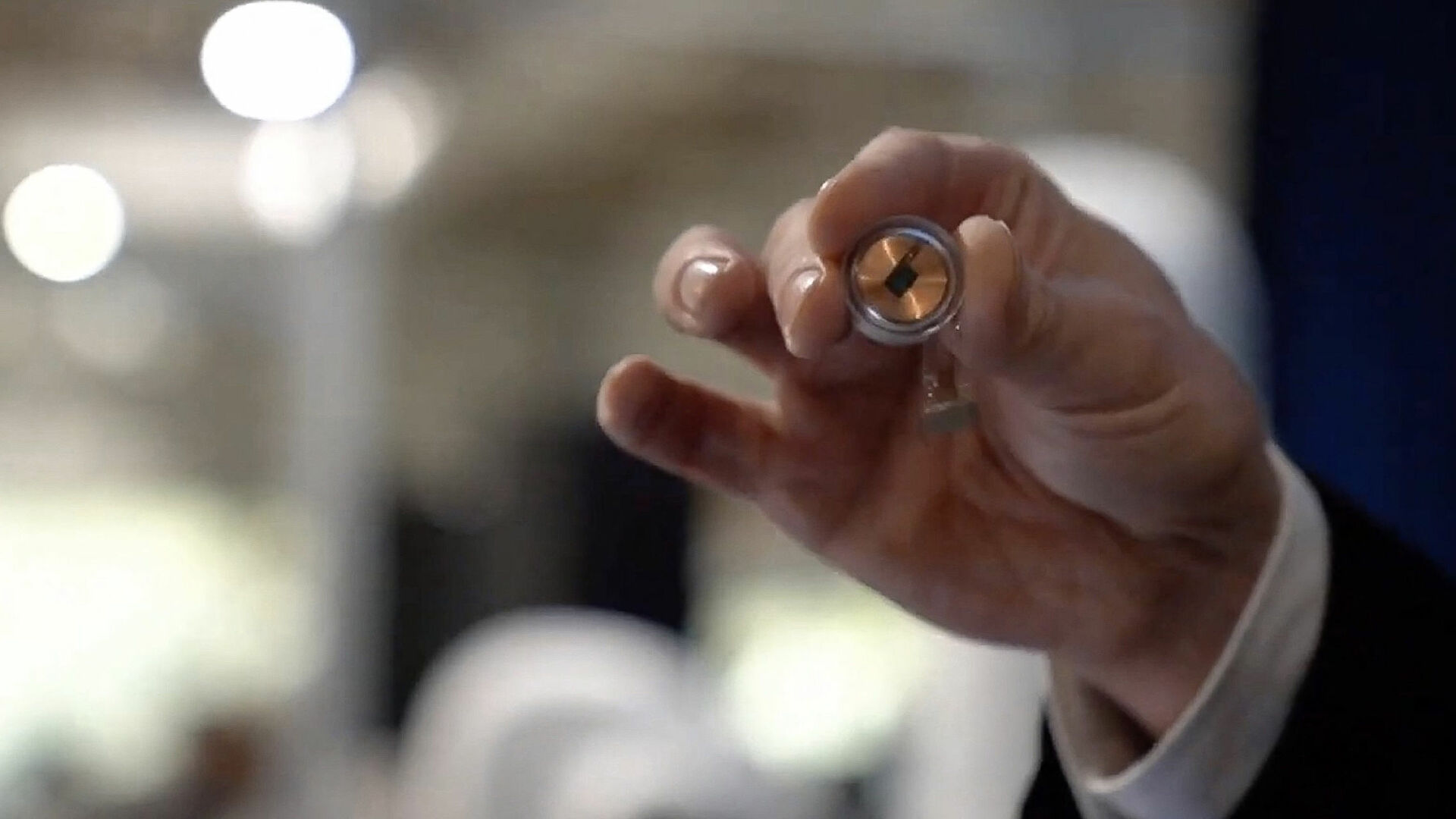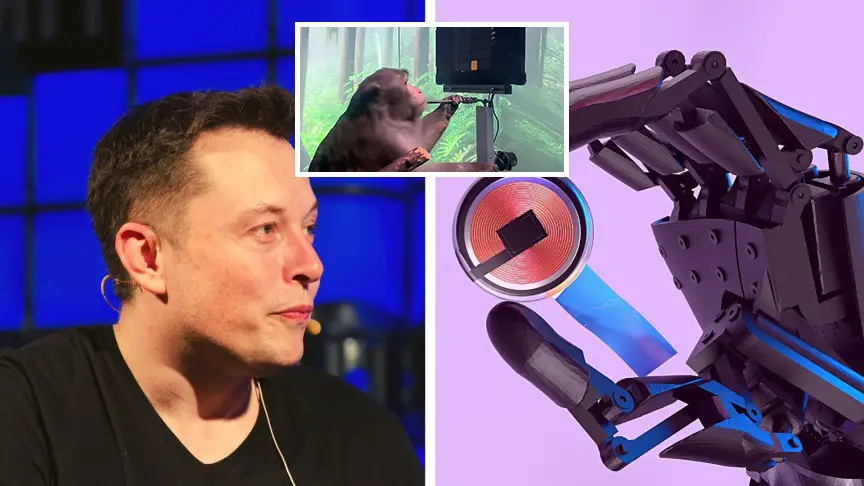Elon Musk has an uncanny ability to pull off seemingly impossible achievements. Musk is hell-bent on making history, from sending rockets into space to becoming the EV industry’s king.

His most recent passion project is Neuralink, a firm working on a brain implant that would connect the human brain to computers directly.
He says that by using a brain-computer interface (BCI), people would be able to carry out activities only by thinking. One of Musk’s earliest objectives was to assist paraplegics in regaining their freedom.
It does not end there, however. Musk thinks that his company’s technology will one day be able to not only treat but even cure brain illnesses, as well as store memories so that people may revisit them like picture albums.
The aims of assisting paraplegics in walking and healing brain illnesses are both admirable. And, well, it sounds amazing to order a pizza simply by thinking about it. Many experts, however, believe Musk is grossly exaggerating the capabilities of Neuralink’s implants.
“Unlike Tesla and SpaceX, we are not discussing technology or infrastructural issues.” In a recent magazine story, Christof Koch, a researcher at the Allen Institute for Brain Scientific, said, “These are basic science concerns.”
Neuralink’s brain implant will rescue mankind from the apocalypse of artificial intelligence
“Even if A.I. is benign, humans will be left behind.” “However, with a brain-machine interface, we can truly ride along,” Musk explains.

To begin with, the type of superintelligence Musk fears is still science fiction, with computer experts disagreeing on when, if ever, it will come. Many people believe it will take at least a few decades.
Second, Musk envisions his brain-computer interface as a two-way communication system, so even if Neuralink succeeds in realizing Musk’s grand vision, its brain implants could be used by superintelligent machines to control humans just as easily as they could be used by humans to ensure their dominance over superintelligent machines.
In any case, the technical advancements required to allow such a high-bandwidth brain-computer mind-meld remain years, if not decades, away.
The BCI will help persons with spinal cord injuries regain movement
In April 2020, a team of researchers claimed successfully restoring feeling to a study participant’s hand after serious spinal cord damage using a BCI device.
We believe Musk’s claim of regaining movement through a BCI is very plausible. However, concerns remain concerning the amount of functionality that such systems would be capable of producing and the ease with which patients will be able to learn to utilize them. Additionally, concerns persist concerning the long-term safety of human brain implants.
The BCI will be used to treat neurological disorders such as Parkinson’s disease
Current technology, such as deep brain stimulation, is capable of doing some of this. Neuralink may be able to develop these therapies further.

However, the present form of the Neuralink device, which includes electrodes implanted near to the surface of the brain’s outer layer, known as the cortex, is incompatible with deep brain stimulation.
The brain chip will provide able-bodied individuals with superhuman skills
While it may enable able-bodied individuals to write or play a video game using just their minds, scientists are yet unsure how to interpret brain activity linked with more sophisticated, conceptual concepts.
Additionally, it is unclear if medical authorities will allow chips to be placed in able-bodied persons, given the dangers associated with the implants and the operation to install them may be difficult to justify.
They will be able to implant the brain chip without requiring general anesthesia in less than an hour
Each of the 64 threads carrying the electrodes used to measure brain activity is far thinner than the finest human hair. These electrodes connect to the Link device, which has a diameter of approximately a quarter and a thickness of roughly five times that of a quarter and is inserted into a hole drilled into the skull.
The brain does not have any pain receptors, thus brain surgery is often performed under local anesthetic. As a result, it is feasible that Neuralink will be able to fulfill this promise.
However, the surgical robot it intends to employ to implant the BCI has not been validated in clinical trials, and there are undoubtedly hazards connected with drilling into the skull and bleeding during electrode insertion.
